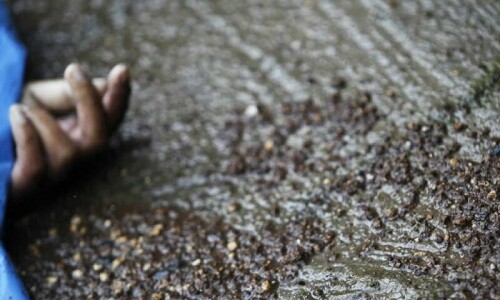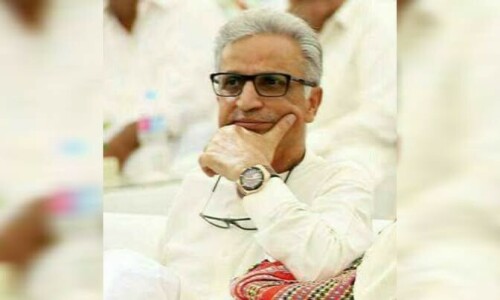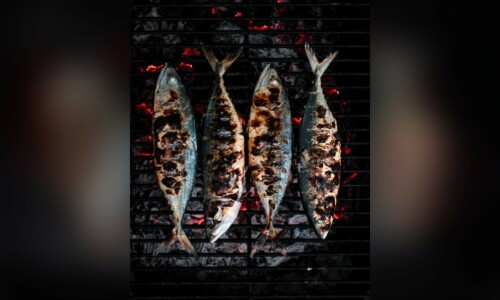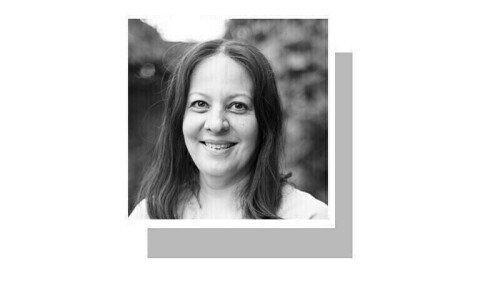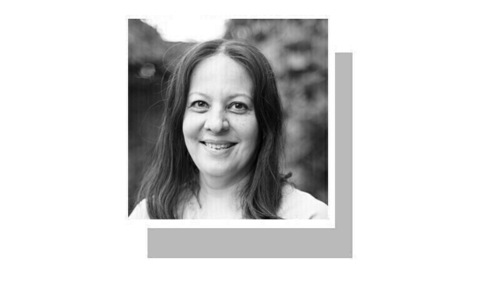The first pillar of strength for every great nation is its identity. And a dominant aspect of that identity is the nation’s language. Pakistan’s national language is Urdu, yet year after year one witnesses a gradual incline in the number of elite youth whose command over Urdu seems to be on a downward trend. Whether it is reading, writing, speaking or understanding; all four components of the language seem to be disintegrating in the lives of the young Pakistanis who are to lead the nation tomorrow.
There are many factors contributing to this decline; however the leading factor is seen to be the lack of importance given to Urdu by a majority of today’s parents whose children are studying in elite private schools. It is becoming a common misconception that not much is to be gained in the future by studying Urdu. In recent times, English is becoming the symbol of the upper class elite and powerful and an inaccurate scale to judge one’s literacy.
According to Shama Baqar, an Urdu teacher for primary classes for more than 28 years, “Most parents just don’t think there is any need to do well in Urdu. So much so, that some parents will be quite alright with their child being unable to read the headline of an Urdu newspaper.” She feels that the first place of learning for children is their home and if they don’t get any encouragement to study Urdu there, then it is but natural that they will not bother with it either.
Drawing from the opinions of such parents, schools also try to comply with the wishes of the parents. After all, it is their happiness and satisfaction with the school’s policies that help the school bank account stay bloated. The schools design the curriculum in a manner that facilitates the students in excelling in subjects taught in English at the expense of their Urdu learning. The Urdu course is made easier than should be in each grade and that hinders the students’ development of Urdu language. Urdu course books with interesting storyline and colourful pictures along with easily comprehendible vocabulary are introduced to keep the students engaged yet not too occupied with Urdu. While the colourful pictures and interesting storylines is a brilliant idea to keep the students’ interest alive in Urdu, reducing the standard of the vocabulary impairs the language development completely.
Have a look at any school’s library and compare the ratio of Urdu books with English books. The number of English books surpasses the number of Urdu books by far. According to Aliya, a primary school teacher and administrator, “Even when the school library provides books in Urdu, the children are never encouraged to use them as much as they are encouraged to use the ones in English.”
Nishat Naqvi, a teacher and assistant professor with vast experience in teaching Urdu to a wide spectrum of age groups, relates to an incident dating back to the early 1980s when she felt that her grade five students’ Urdu was not at par with the required standard. She was given two extra classes per week with the same grade to work on their Urdu and she converted them into specialised reading sessions where each student was asked to buy a different Urdu book and exchange it with the classmates after finishing it under her supervision and guidance. She feels that reading Urdu books worked wonders and improved the caliber of the class much beyond anyone’s expectation.
Unfortunately teachers who take a personal interest in the development of the Urdu language and their students’ command over it, are rare and becoming even rarer over time. Mrs. Naqvi is of the opinion that teachers are now more interested in their students securing good marks instead of gaining a higher standard.
As is natural, a majority of the upcoming teachers of Urdu are the products of the earlier mentioned disintegrating schooling system. And since they have not been taught well, they in turn teach even worse for no fault of their own. It is becoming a vicious cycle, which can only be broken through austere efforts.
Noor us Sabah Baqar, a teacher for many years who is now in charge of the Urdu curriculum in an elite school with branches all over the country, talks about her efforts in revamping the Urdu curriculum in her school and the main tools that she has used. She has analysed the course books for all primary class levels and made new ones that she feels suit the requirements.
These requirements include details like the level of vocabulary that should be used, number of words in a book, on a page, etc. Additionally she has developed visual aids relevant to the course books which can be used while teaching. These books and aids are now also being purchased by other schools. She has stressed upon hiring teachers who have genuine competence in Urdu and are not just opting to teach Urdu for lack of nothing better to do.
When people like Noor us Sabah are seen taking such pains to keep Urdu alive among the youth, it can be hoped that our nation will be saved from its folly of trying to cast aside its national language. This language serves to create a single unified identity of a Pakistani and it is the right of every Pakistani child to know this language well.




















